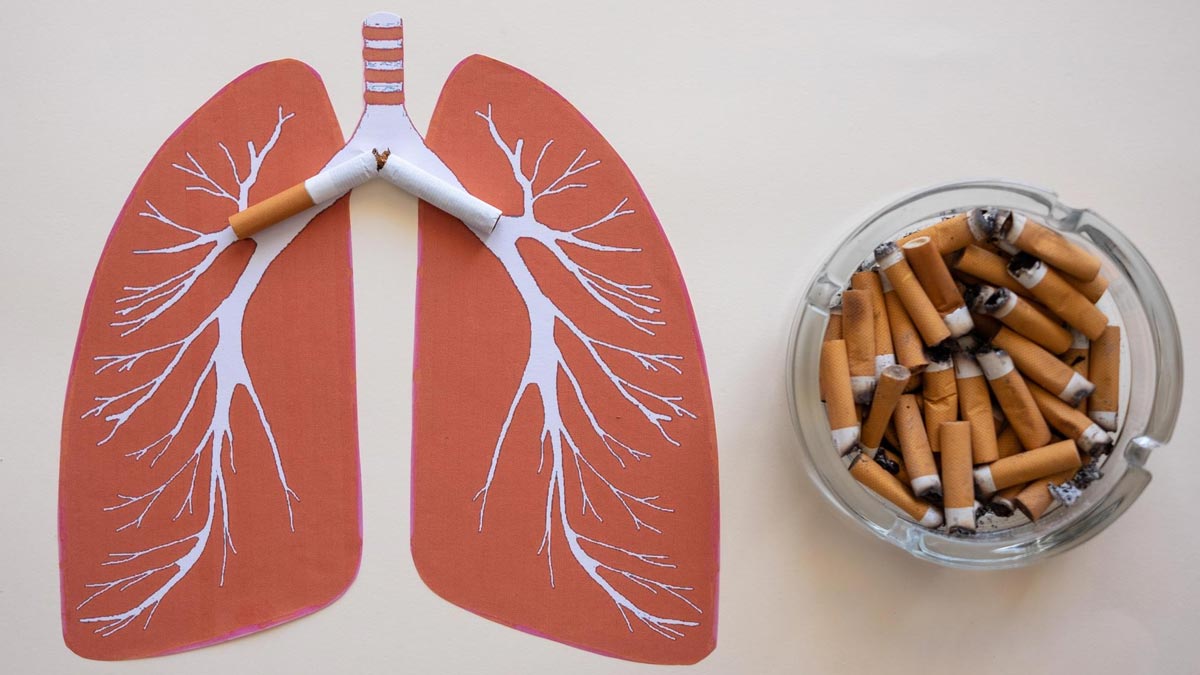A groundbreaking study published in The Lancet Global Health reveals a severe global health issue: millions lack crucial nutrients like vitamins and minerals. This research, conducted by Harvard TH Chan School of Public Health, UC Santa Barbara (UCSB), and the Global Alliance for Improved Nutrition (GAIN), highlights alarming different nutrient deficiencies in essential micronutrients.
The study reveals that over half of the world’s population lacks vital nutrients. Iron, calcium, and vitamins C and E are some of the most often deficient nutrients. The investigation reveals notable deficiencies in critical vitamins and minerals, spanning 185 nations and 34 distinct age-sex groups.
The research focuses on 15 key micronutrients: calcium, iodine, iron, riboflavin, folate, zinc, magnesium, selenium, thiamin, niacin, and vitamins A, B6, B12, C, and E. It finds that iodine is notably deficient in 68% of the global population, followed by vitamin E (67%), calcium (66%), and iron (65%).
Global Patterns: Who Is Most Affected?

The study shows that there is a different deficiency across different regions and populations. While there is a high iodine deficiency in some regions, vitamin E and calcium are also in a severe shortage. It further points out gender disparity: generally, females have higher inadequacies in iodine, iron, and calcium, while for males, magnesium and vitamins B6 and C stand out as the highest deficiencies. Know more: https://theaspectratio.in/web-stories/can-a-plant-based-diet-save-india-from-an-obesity-catastrophe/
Health Implications: The Impact of Micronutrient Shortages
Micronutrients play a vital role in maintaining overall health. Deficiencies can lead to severe health issues such as anemia, bone disorders, and weakened immune function. This global inadequacy poses a serious risk to public health, potentially contributing to increased rates of chronic diseases and impaired development.
The Way Forward: Addressing the Deficiency Crisis
The findings highlight the critical need for worldwide nutritional interventions. Techniques including supplementation, fortification, and dietary changes are essential. It is possible to successfully address these widespread deficiencies by increasing access to nutrient-dense foods and improving public health policy.
Content Highlights:
- Over half of the global population is deficient in key nutrients.
- Key nutrients at risk include calcium, iron, and vitamins C and E.
- The study highlights significant regional and gender-based differences.
- Urgent need for global nutritional interventions and policy adjustments.
Conclusion: A Call to Action
For this reason, the world health authorities should take note of this. The full study of micronutrient deficits identifies areas where action is required. Addressing these deficiencies requires a multifaceted approach, including improved dietary practices, fortification, and supplementation. By understanding and tackling these nutrient gaps, we can work towards better health outcomes and a more resilient global population. Also read: https://indianexpress.com/article/health-wellness/lancet-study-finds-iron-calcium-and-folate-deficiency-among-indians-what-foods-should-you-be-eating-9545500/



 By
By

















